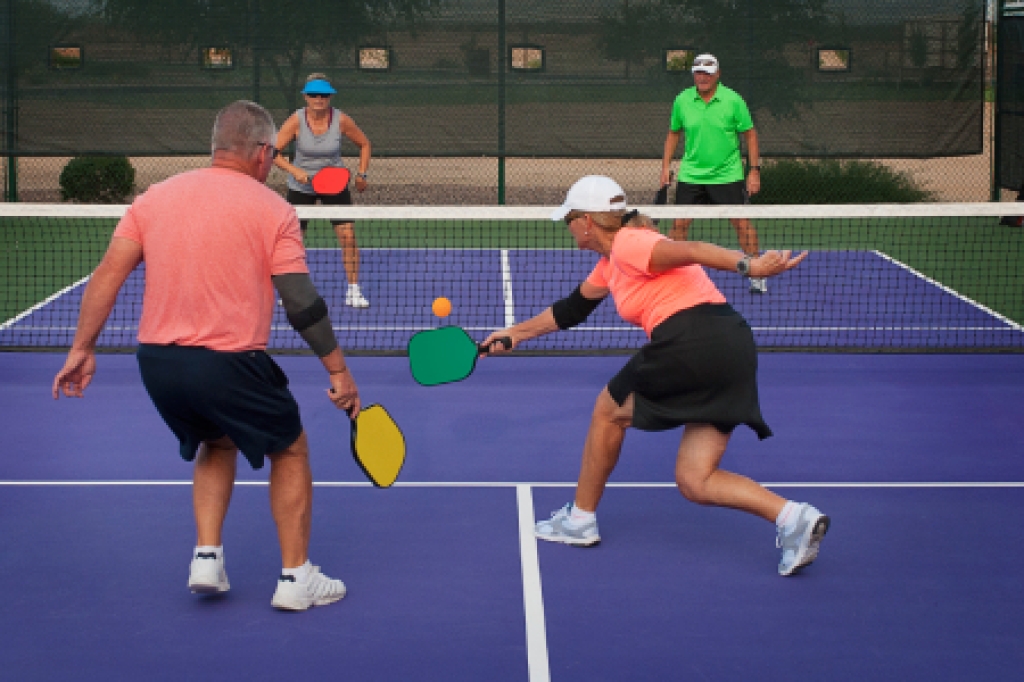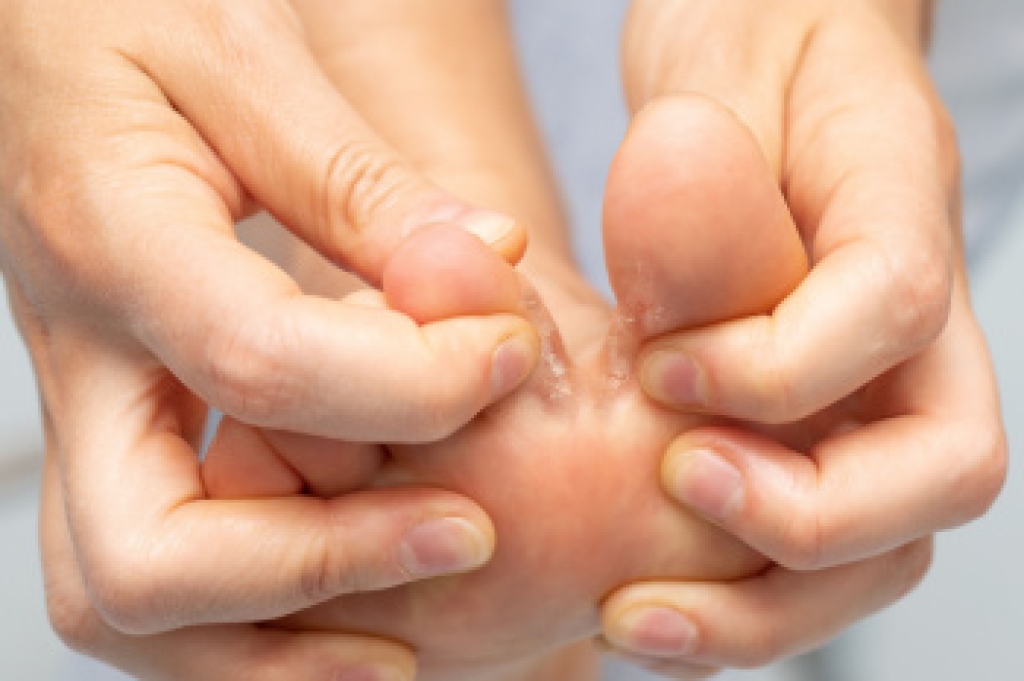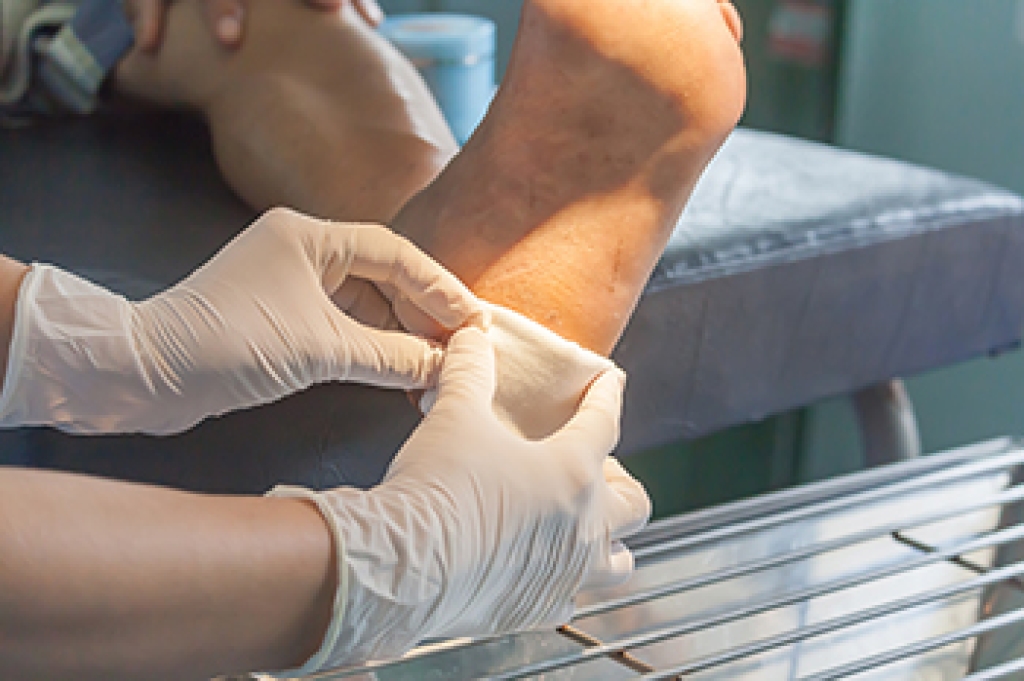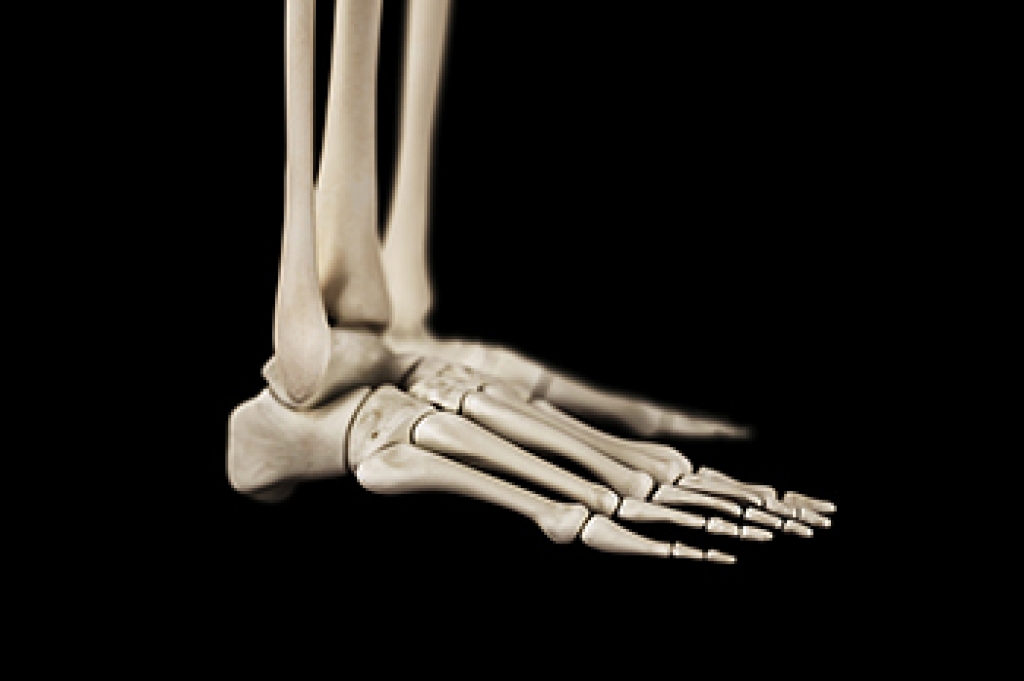
Pickleball has grown in popularity among seniors, but quick stops, pivots, and lateral movements place significant stress on the feet and ankles. Recent studies estimate 19,000 pickleball injuries in adults over 50 in a single year. One of the most common injuries is an ankle sprain, which happens when the foot rolls during sudden direction changes. Players also develop Achilles tendon inflammation from repeated push-off movements, along with heel and arch pain caused by strain to the plantar fascia. The court surface increases impact forces, leading to stress fractures in the metatarsal bones. A podiatrist can use diagnostic imaging to identify bone injuries. Treatment may include bracing, immobilization, anti-inflammatory care, or custom orthotic devices to improve foot alignment. This helps to reduce stress during activity and prevent recurring injuries. If you experience foot or ankle pain after playing pickleball, it is suggested that you make an appointment with a podiatrist for an exam, diagnosis, and treatment.
Sports related foot and ankle injuries require proper treatment before players can go back to their regular routines. For more information, contact Wendy L. Grossman, DPM of New Jersey. Our doctor can provide the care you need to keep you pain-free and on your feet.
Sports Related Foot and Ankle Injuries
Foot and ankle injuries are a common occurrence when it comes to athletes of any sport. While many athletes dismiss the initial aches and pains, the truth is that ignoring potential foot and ankle injuries can lead to serious problems. As athletes continue to place pressure and strain the area further, a mild injury can turn into something as serious as a rupture and may lead to a permanent disability. There are many factors that contribute to sports related foot and ankle injuries, which include failure to warm up properly, not providing support or wearing bad footwear. Common injuries and conditions athletes face, including:
- Plantar Fasciitis
- Achilles Tendinitis
- Achilles Tendon Rupture
- Ankle Sprains
Sports related injuries are commonly treated using the RICE method. This includes rest, applying ice to the injured area, compression and elevating the ankle. More serious sprains and injuries may require surgery, which could include arthroscopic and reconstructive surgery. Rehabilitation and therapy may also be required in order to get any recovering athlete to become fully functional again. Any unusual aches and pains an athlete sustains must be evaluated by a licensed, reputable medical professional.
If you have any questions please contact our office located in Bloomfield, NJ . We offer the newest diagnostic and treatment technologies for all your foot and ankle needs.




